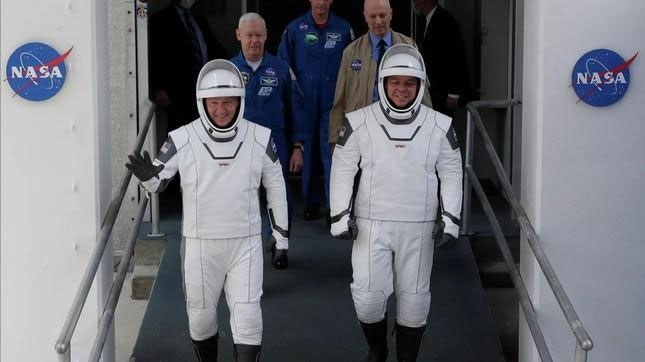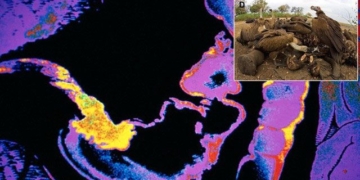A group of scientists from Thailand is researching and developing a new type of food for NASA astronauts during long-duration space flights.

Thai scientists researching Sago worm-based food for astronauts.
The team of scientists from the Royal Chulabhorn College of Medical Sciences, Chulalongkorn University, Valaya Alongkorn Rajabhat University, and several private companies in Thailand has become the only Asian research group to advance to the second round of an international competition aimed at selecting food for astronauts who will embark on flights to other planets in the solar system and deep space. This competition is organized by the National Aeronautics and Space Administration (NASA) in collaboration with the Canadian Space Agency and the Methuselah Foundation, with the goal of extending human longevity.
According to the Bangkok Post, the new food being developed is “sago worms,” which are currently consumed in southern Thailand and neighboring countries.
“Sago worms” are the larvae that are rich in protein and fat from the red palm weevil (known in Vietnam as coconut weevil or date weevil), a pest that affects agricultural plantations of banana, palm, coconut, and sugarcane. The adult female weevil typically uses its proboscis to bore holes into the trunk or exploits natural cracks in the tree to penetrate the soft parts of the plant. Once inside, they lay dozens to hundreds of eggs.
The coconut weevil has been used as food in Southeast Asia for hundreds of years. In addition to its nutritional value, it has another advantage over other protein and fat sources that astronauts could utilize during their flights: they are easy to breed and grow in confined and limited space conditions.
The Thai scientists believe they will be ready for NASA experts to conduct a comprehensive evaluation of their work by early next year, after which they hope to advance to the third phase of the competition, reports indicate.


















































